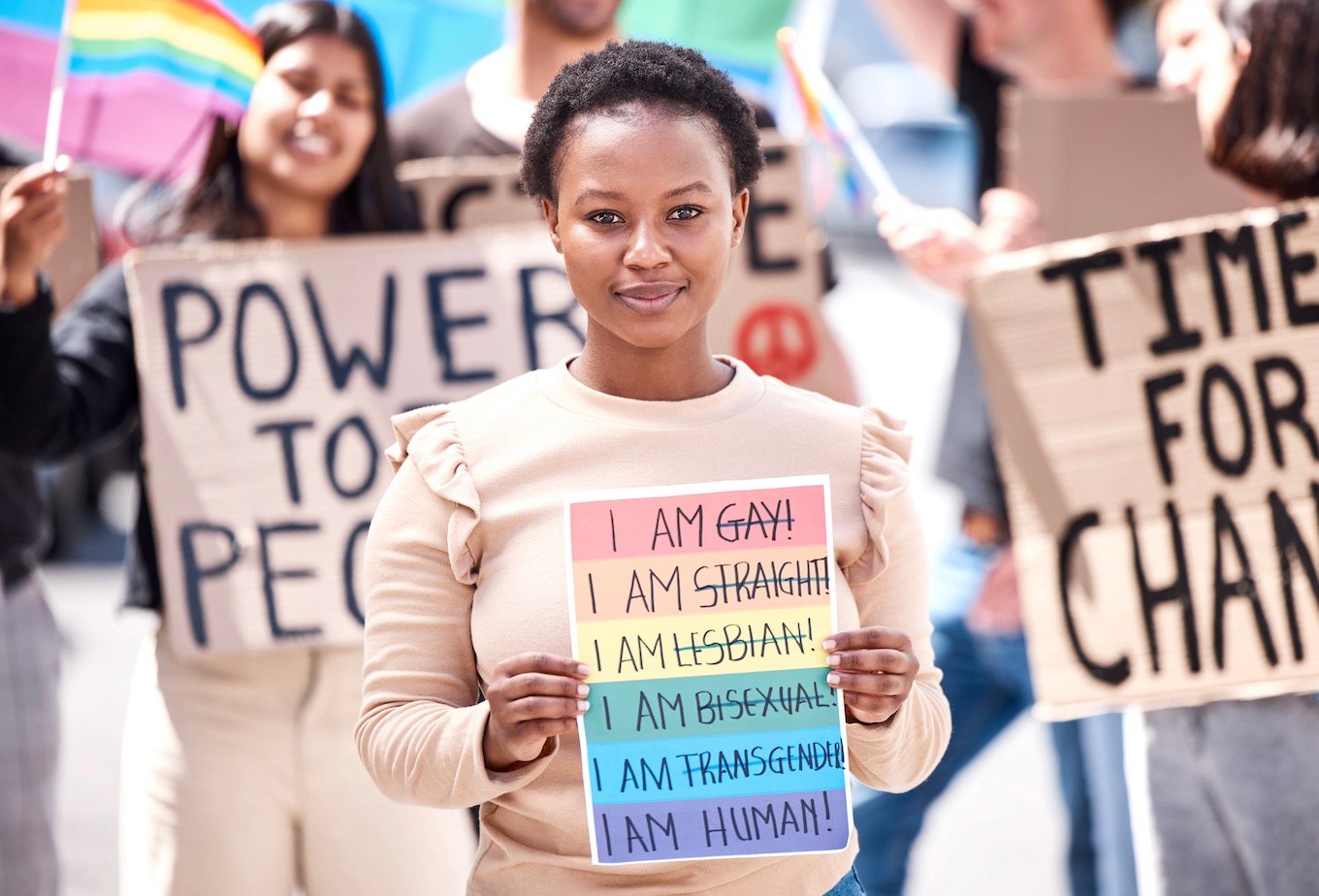On this page, we explain how human rights violation amongst learners may negatively impact their sense of humanity in the society.
Human rights violations among learners can significantly and negatively impact their sense of humanity, affecting their emotional, psychological, and social development. Such violations can undermine their inherent dignity, alter their perception of self-worth, and disrupt their ability to trust others and society.
Psychological Impact
Violations of human rights within educational settings, such as discrimination, abuse, or neglect, can lead to profound psychological effects on learners. These may manifest as:
- Decreased Self-Esteem and Self-Worth: Continuous exposure to abusive behaviors or discrimination can make learners feel undervalued or unworthy. This diminished self-view can hinder their motivation and ability to excel academically and socially.
- Increased Anxiety and Depression: Learners who face human rights abuses often experience heightened anxiety and depression. This can be due to the stress of dealing with or anticipating discriminatory treatment, which may also result in social withdrawal and reduced participation in school activities.
- Trauma and Post-Traumatic Stress Disorder (PTSD): Severe violations such as physical or sexual abuse can lead to long-lasting trauma, affecting learners’ ability to concentrate, disrupting their sleep, and triggering intense emotional reactions.
Social Impact
The social ramifications of human rights violations among learners are equally severe. They include:
- Impaired Social Relationships: Experiencing or witnessing human rights abuses can make it difficult for learners to trust their peers and authority figures. This mistrust can impede the formation of healthy social connections, which are crucial for emotional and intellectual growth.
- Increased Aggression or Withdrawal: Some learners might respond to abuse or discrimination with aggression towards others, which can lead to disciplinary issues and further social isolation. Others may withdraw, avoiding social interactions, which stifles social skills development.
- Perpetuation of Discriminatory Attitudes: In environments where human rights abuses are normalized, there is a risk that learners may adopt these behaviors and attitudes themselves, perpetuating cycles of abuse and discrimination within the community.
Impact on Educational Achievement
The effects of human rights violations are not limited to the psychological and social; they extend into educational achievements as well:
- Lower Academic Performance: Learners dealing with the aftermath of abuse or discrimination often have lower levels of concentration, reduced participation in class, and increased absenteeism—all of which can lead to poor academic performance.
- Decreased School Attendance: The distress associated with an unsafe learning environment can lead learners to skip school to avoid further abuse, which directly impacts their educational outcomes.
- Early School Dropout: Prolonged exposure to a hostile school environment can lead some learners to drop out entirely, significantly limiting their future employment opportunities and perpetuating socio-economic disadvantages.
In summary, human rights violations among learners not only damage their immediate well-being and educational prospects but also affect their long-term psychological health and ability to function as constructive members of society. These effects underscore the importance of upholding human rights in educational settings to foster environments where all learners can thrive.
Did You See These?
- SAPS Code of Conduct Summary
- Why is the Bantu Education Act Interesting and Important to Know?
- Is Recording a Conversation Legal in South Africa?
- Difference Between Legal and Illegal Drugs with Examples
- Why South Africa is Referred to as a Democratic Country?
- The Importance of an Independent Judiciary in Democracy: South Africa
- How Posting or Forwarding Humiliating and Offensive Material Online Can Affect You
- South African Laws Protecting Citizens Against the Violation of Human Rights in Unsafe Living Environments
Disclaimer
The content presented on this website was originally created by the team at Legal Advice. All information related to legal firms and legal matters is based on "User Submitted Data", and or publicly accessible data available from more than one online sources. Should you have any concerns or disputes about the information provided, please feel free to reach out to us at hello@legaladvice.org.za.

